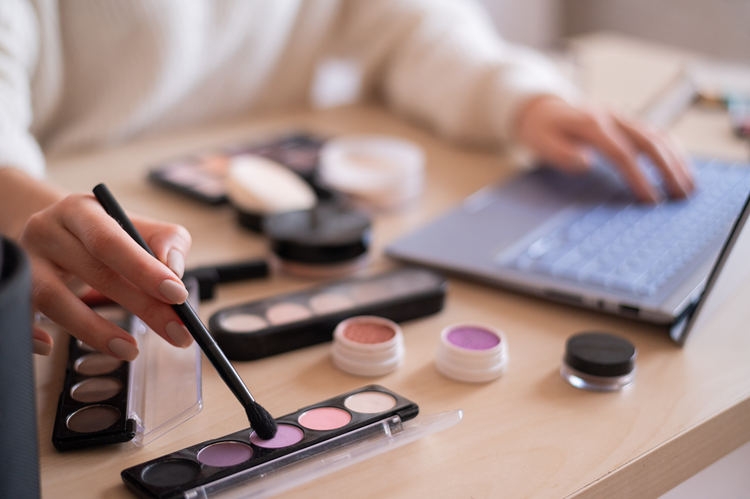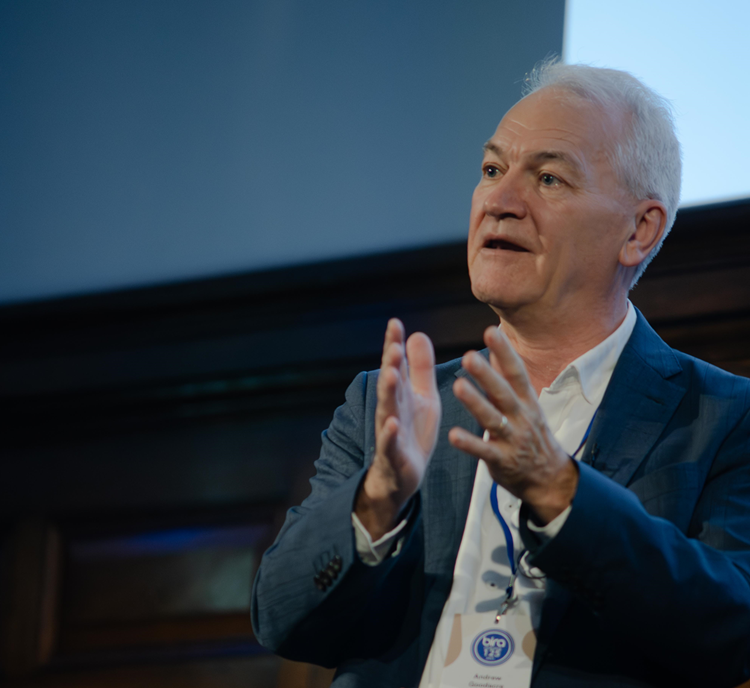24 July 2025
Bira has welcomed new research from Which? that exposes the serious risks facing consumers buying cosmetics from online marketplaces, with the investigation finding that at least two-thirds of products purchased appeared to be counterfeit.
The consumer champion's snapshot investigation purchased 34 cosmetic products from third-party sellers on Amazon, eBay, TikTok Shop and Vinted, finding that 23 of the 34 products (67%) were likely to be counterfeit. The fake products included items from household names such as Charlotte Tilbury, La Roche-Posay, Maybelline, The Ordinary and MAC.

Михаил Решетников/stock.adobe.com
Bira says the findings highlight the superior safety and authenticity that independent retailers provide to consumers seeking genuine beauty products.
The investigation revealed that counterfeit cosmetics can contain dangerous substances including animal faeces, urine, arsenic, lead and mercury, posing serious health risks including skin irritation, infections and chemical burns.

Andrew Goodacre, CEO of Bira, said: "This excellent piece of research by Which? supports our long-held belief that the internet is too often a 'wild west' for unsuspecting shoppers. Established platforms and digital media platforms must be held to account for the quality and safety of the products they are marketing to shoppers. In the case of cosmetics, it is a case of younger, unsuspecting shoppers being put at risk.
"It is time to educate customers that the safest way to buy products is directly from reputable brands or responsible retail shops where the standard of care are so much higher."
Independent retailers across the UK stock genuine products sourced directly from authorised distributors and manufacturers, providing consumers with the assurance that comes from face-to-face service and established supply chains. Unlike anonymous online sellers, independent retailers are accountable to their local communities and build their reputations on trust and quality.
The Which? investigation found that many counterfeit products were difficult to distinguish from genuine items, with some fake Charlotte Tilbury products selling for inflated prices and MAC lipsticks appearing authentic until closely examined. Even budget brands like The Ordinary were being counterfeited, with fake serums showing markedly different consistency and colour compared to genuine products.
Bira is calling for stronger enforcement action against platforms that allow counterfeit goods to flourish, and greater consumer education about the risks of buying beauty products from unverified online sellers.
The association notes that independent beauty retailers, health stores and department stores offer expert advice alongside genuine products, helping customers make informed choices about skincare and cosmetics suited to their individual needs.
Bira's advocacy takes your voice to the heart of Parliament
Bira is at the forefront of championing the cause of independent traders and shopkeepers across Britain.
Our campaigns cover a wide spectrum of issues crucial to the success of independent traders including:
- Combatting the rising tide of retail crime
- Advocating for changes in legislation that promote fairness and flexibility
- Fighting for fairer business rates
- Overall reducing the regulatory burden
- £1 billion damages claim against Amazon by UK retailers
Catch up on key industry insights with podcast episodes available now
High Street Matters will discuss crucial subjects such as consumer trends, relevant government legislation, business rates, parking and staffing, providing top tips to help to help businesses stay ahead of the retail curve.
We’re talking to a cross section of our members from across the UK, from single retail outlets to small chains, and from large department stores to leisure and hospitality.
Listen to the series, available now.
Latest News
Read more-
Independent retailers challenge Government over 'fundamentally misdirected' pub-only business rates relief
Bira has responded to January's announcement giving pubs 15% business rates relief with a hard-hitting podcast calling the policy "fundamentally misdirected."
-
Independent shop owner to sing in Shrewsbury fundraiser after fatal fire
An independent shop owner will stage a live singing performance this month to raise funds after a fatal fire destroyed a historic home and business.
-
National Convenience Show to highlight trends as part of 2026 UK Food & Drink Shows
The National Convenience Show will spotlight food innovation and the continued growth of the food-to-go market as part of the 2026 UK Food & Drink Shows.
-
Coalition letter calling for consultation on online VAT reform
Bira has today written to the Exchequer Secretary to the Treasury, alongside 18 others, calling for a formal consultation on reforming VAT online marketplace liability rules.